Turnbull’s 18C on steroids
Rahm Emmanuel, one-time Chief of Staff in the Obama Administration, once said: ‘You never let a serious crisis go to waste… It’s an opportunity to do things you think you could not do before.’
It would seem that the Turnbull government is using the perceived crisis of ‘foreign influence’ in our political system to tweak federal electoral regulations in its favour.
Already a subscriber? Log in
Subscribe for just $2 a week
Try a month of The Spectator Australia absolutely free and without commitment. Not only that but – if you choose to continue – you’ll pay just $2 a week for your first year.
- Unlimited access to spectator.com.au and app
- The weekly edition on the Spectator Australia app
- Spectator podcasts and newsletters
- Full access to spectator.co.uk
Or
Unlock this article
You might disagree with half of it, but you’ll enjoy reading all of it. Try your first month for free, then just $2 a week for the remainder of your first year.

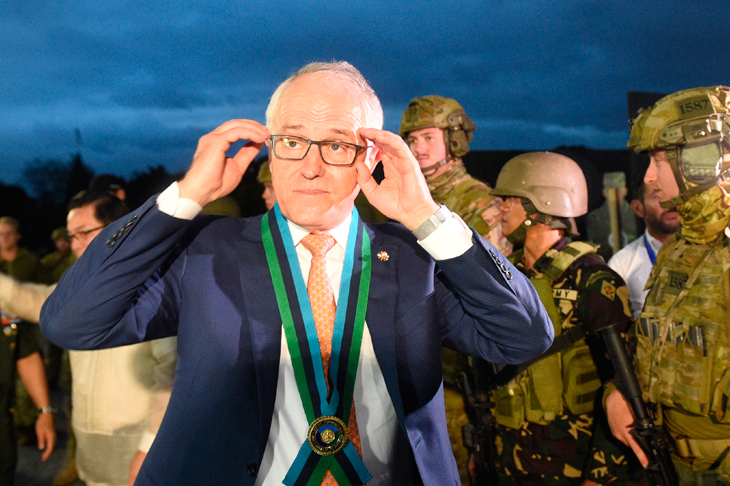
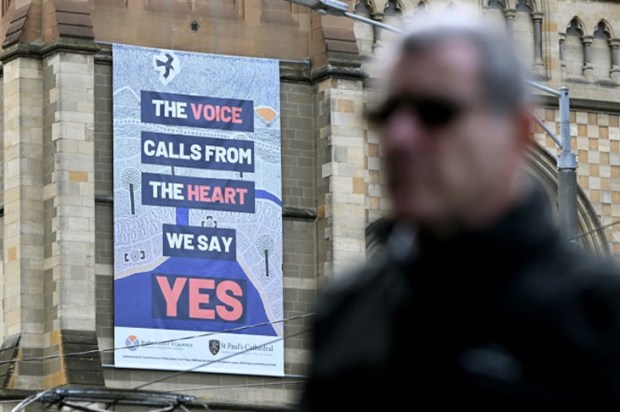
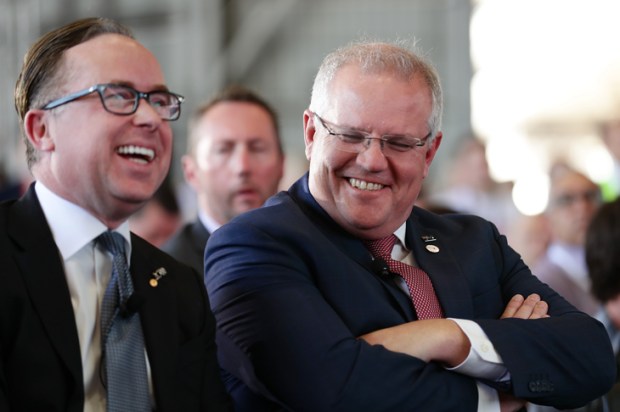

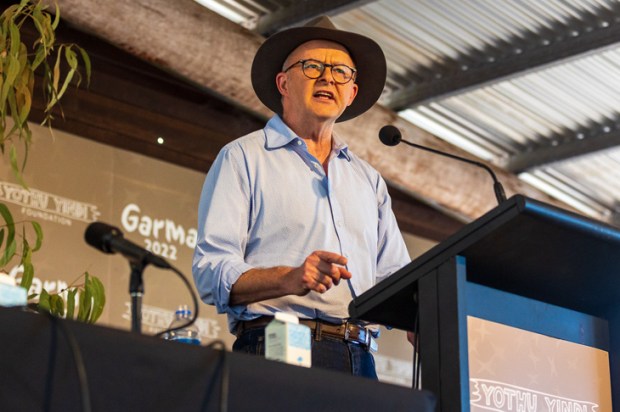

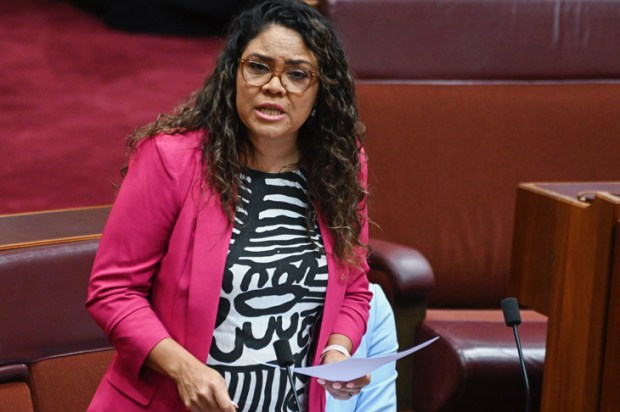






Comments
Don't miss out
Join the conversation with other Spectator Australia readers. Subscribe to leave a comment.
SUBSCRIBEAlready a subscriber? Log in